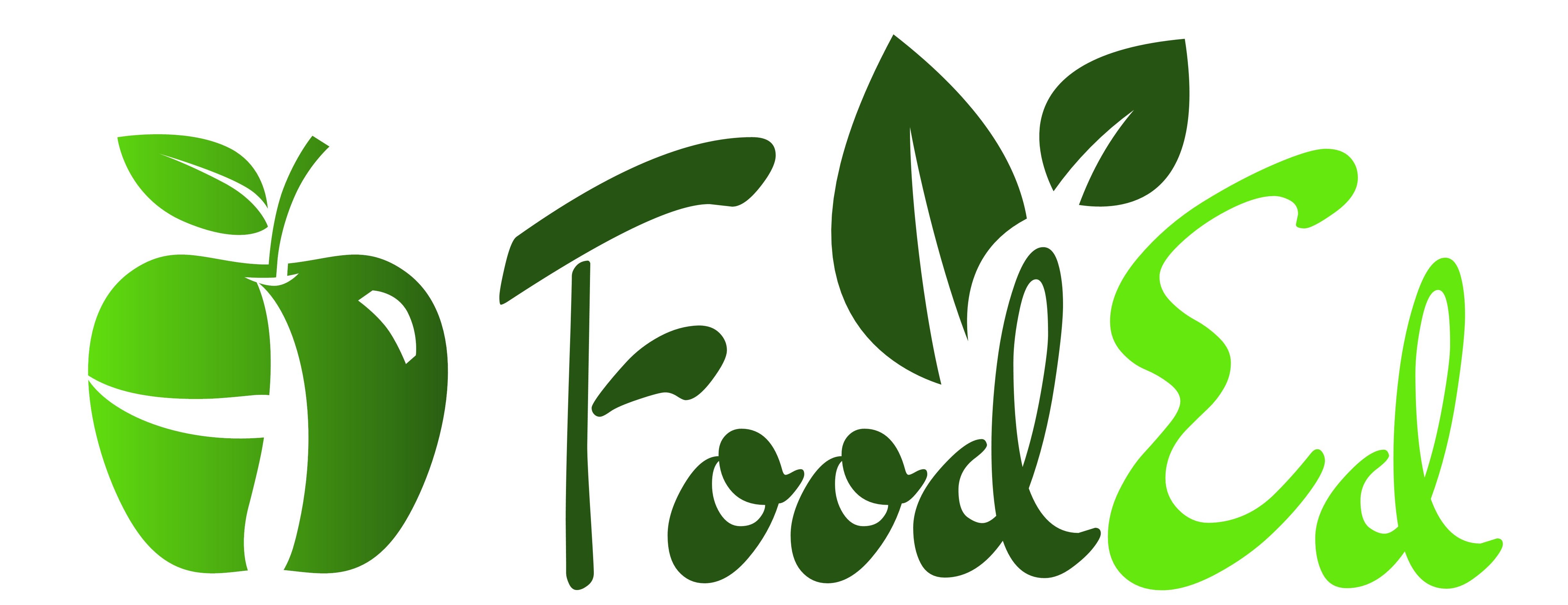 Anise is an herb from the Apiaceae family, which also includes dill, cumin, caraway, lovage, parsley and fennel. The medicinal uses of anise are comparable to the other herbs from the Apiaceae family, they all promote the digestion.
Anise is an herb from the Apiaceae family, which also includes dill, cumin, caraway, lovage, parsley and fennel. The medicinal uses of anise are comparable to the other herbs from the Apiaceae family, they all promote the digestion.The anise flavour can be found in several herbs, such as fennel, chervil and star anise. The anise flavour is used to make the Dutch toast topping ‘muisjes’ that is traditionally eaten when a child is born. Anise seeds are nice to add to your muesli or sweet foods like cakes, and it’s also very nice to make a herbal tea from them. You just have to add the seeds to boiling water and let it simmer for about 10 minutes. Anise is most commonly used to alcoholic beverages with the anise flavour, of which there are many Mediterranean varieties such as the Greek Ouzo, the Turkish Raki and the French Pernod.
Anise seeds contain phyto-estrogens, which are substances that have the same effect in the body as the hormone estrogen. This makes the seeds very useful in treating all kinds of female ailments related to menstruation. Anise seed can also help to ease child birth and can be used to stimulate the production of breast milk. Women after the menopause can use the anise seeds to prevent hot flashes and night sweats.
In India and some other Middle Eastern countries, they chew on the anise seeds after meals to aid the digestion and to obtain fresh breath.
Here are some health benefits of anise seeds summed up:
- Anise seeds contain the vitamins B1, B2, B3, B5, B9 (folates) & C.
- Anise seeds are a source of the minerals iron, copper, manganese, calcium, phosphorus, zinc, magnesium, potassium and selenium.
- Anise seeds have a mucus dissolving effect and they facilitate easy breathing.
- Anise seeds help with flatulence.
- Anise seeds stimulate digestion.
- Anise seeds have an antibacterial effect.
- Anise seeds help with many woman ailments because they contain phyto-estrogens.
- Anise seeds give a fresh breath when chewed.



